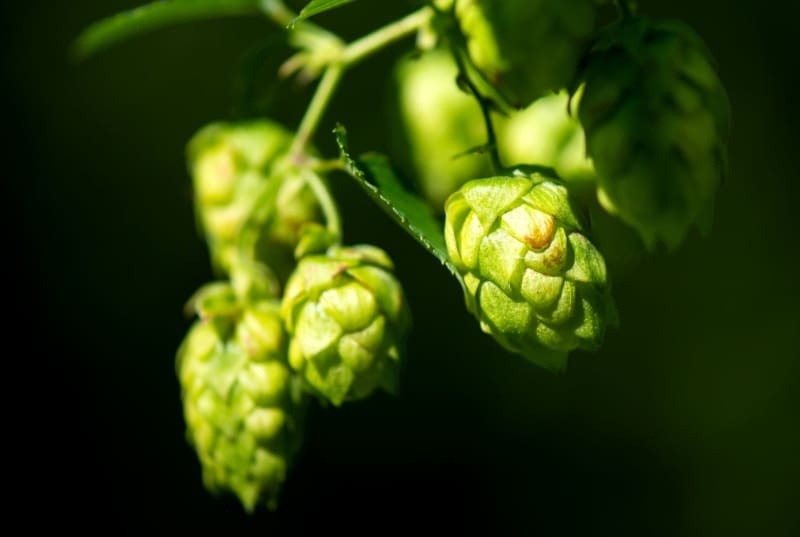Shrinking hop harvests are making beer more expensive, but researchers hope this vital ingredient in brewing can be grown indoors, making it cheaper.
Earlier this year, a Spanish company called Ekonoke also said it had figured out how to grow hops indoors. Now, Japan’s Kirin, which makes the beer of the same name, appears to be on the verge of a breakthrough in increasing hop yields through indoor cultivation.
The Kirin Beverage Research Institute for the Future and CULTA Inc. of the University of Tokyo began research last year into the possibility of growing hops indoors, a task long considered difficult due to the spreading of the plant’s roots and its need for a lot of water and light.
For beer lovers, such a breakthrough could mean not only a lower price increase, but also a potential for greater variety in taste. Much of this is due to the increasingly expensive regional hop varieties.
“Thanks to this indoor cultivation technology, CULTA Inc. has succeeded in harvesting hops in other seasons, while outdoor harvesting was only possible in summer,” Kirin Holdings recently announced.
In late 2023, a team of Czech scientists warned that hop production in Europe could fall sharply. Beer prices have risen in most countries in recent years, partly due to increased competition for dwindling supplies of hops, which are increasingly used in so-called craft beers.
The smaller harvests are attributed to climate change and rising costs of farming and crop production, particularly for things like fertilizers and fuel for machinery.
And while beer industry representatives in other beer-drinking nations, such as England, say their countries could easily grow more hops, the prospect of year-round indoor growing and harvesting could make the industry, which would otherwise stagnate if hops were to become scarce, even more attractive.
“In the future, we will accelerate our research on hop adaptation to climate change by increasing the number of harvests and harvest evaluations per year,” Kirin Holdings said.

